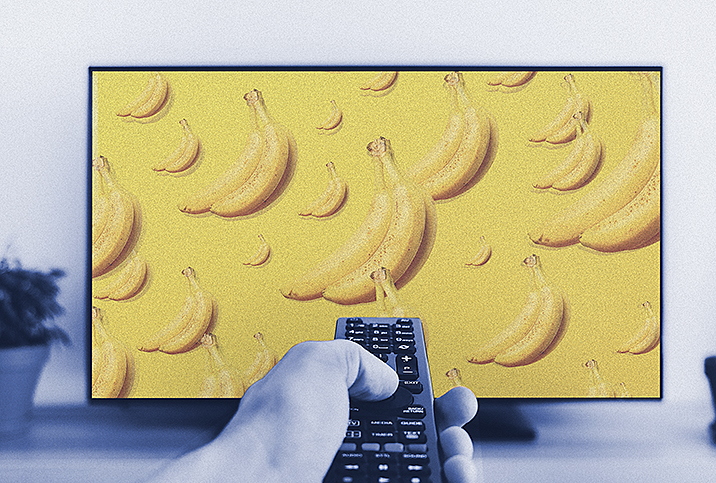Go from Shame to Sharing to Deal with Male Sexual Performance Anxiety

Male sexual performance anxiety is fear of not being able to satisfy a partner, a psychological affliction that may lead to erectile dysfunction, premature ejaculation or loss of libido. Left unaddressed, performance anxiety can do irreparable harm to a relationship.
Body image, stress & a cycle of failure
Male sexual performance anxiety is often rooted in a negative body image that may mean a preoccupation with penis size and weight/physique, feelings of sexual inadequacy, or old-fashioned notions of gender-related sexual roles, such as the belief that it is the man's role to initiate sex.
Poor self-image is not always the root of performance anxiety, however. Sexual performance can also be affected by everyday stresses such as financial concerns, job-related worries and domestic problems, and chronic stress may even cause men to avoid sexual intimacy. In some cases, stress can lead to impotence or erectile dysfunction. Such dysfunction may then elicit feelings of sexual inadequacy and fear of poor performance.
Men who worry that a relationship hinges on their ability to perform in bed can find themselves caught in a cycle of failure, where anxiety causes a disappointing sexual experience, which thus produces further anxiety. It's a frustrating situation, even for people who enjoy an otherwise healthy relationship.
Talking it out
As with most relationship problems, communication is key. However, starting a dialogue about sexual performance anxiety can be traumatic for a man whose embarrassment is discouraging him from even admitting he has a sexual problem. A man with performance anxiety may feel lost, with nowhere to turn for advice.
Unfortunately, talking about sexual situations with a partner can be intimidating and emotionally wrenching for a man struggling with feelings of guilt. Avoiding the problem may seem like an easy way out of a painful predicament, but avoidance can heighten tension in an already awkward situation and become an obstacle for a partner seeking a solution.
The good news is that couples who work together to overcome performance anxiety often emerge with an even stronger relationship. It's important not to pressure a man into discussing the problem if he is clearly uncomfortable and not ready to speak candidly. Rather, a caring, respectful approach is needed to counter feelings of shame and weakness, because men are emotionally vulnerable when they feel inadequate and fear sexual rejection.
Treating the problem
Sometimes, communication alone is not enough to help a man overcome performance anxiety. Few medical treatments have proved consistently effective, however, meditation, anxiolytics such as buspirone, and behavioral therapy (for example, learning to shed gender-role preconceptions or deemphasizing orgasm) have shown promise.
Some partners become very focused on orgasm as the goal of sex versus intimacy and connection. Sensate focus is a great way to shift that focus to touching and being touched and other sensory perceptions.
Also, women often erroneously believe that men (in hetero relationships) are responsible for their orgasms rather than taking responsibility for their own orgasms, which can be empowering for themselves and relieve the pressure for men.
Cognitive behavioral therapy helps alter thought patterns and beliefs that lead to sexual dysfunction, especially in cases where a man has trouble talking openly with a partner about performance anxiety. Some men learn to redirect their thoughts by enjoying a hobby, reading or exercising. Physical activity improves one's mood and enhances well-being by activating endorphins, which are hormones secreted in the brain and nervous system, the body's "feel-good" chemistry.
Overcoming cultural distortion by thinking differently
Movies, television and other mass media outlets constantly bombard society with distorted views of male and female sexual roles. Thus, sexual behaviors are learned and idealized; perhaps foremost among them is that men are expected to be virile, aggressive and always ready for sex. But the reality is often quite different. Men with performance anxiety may need help initiating a dialogue and maintaining a healthy relationship. Acknowledging the problem, accepting help, and sharing thoughts and feelings with a partner and/or therapist are important first steps in thinking differently about sex and discovering the underlying causes of sexual performance anxiety.


















